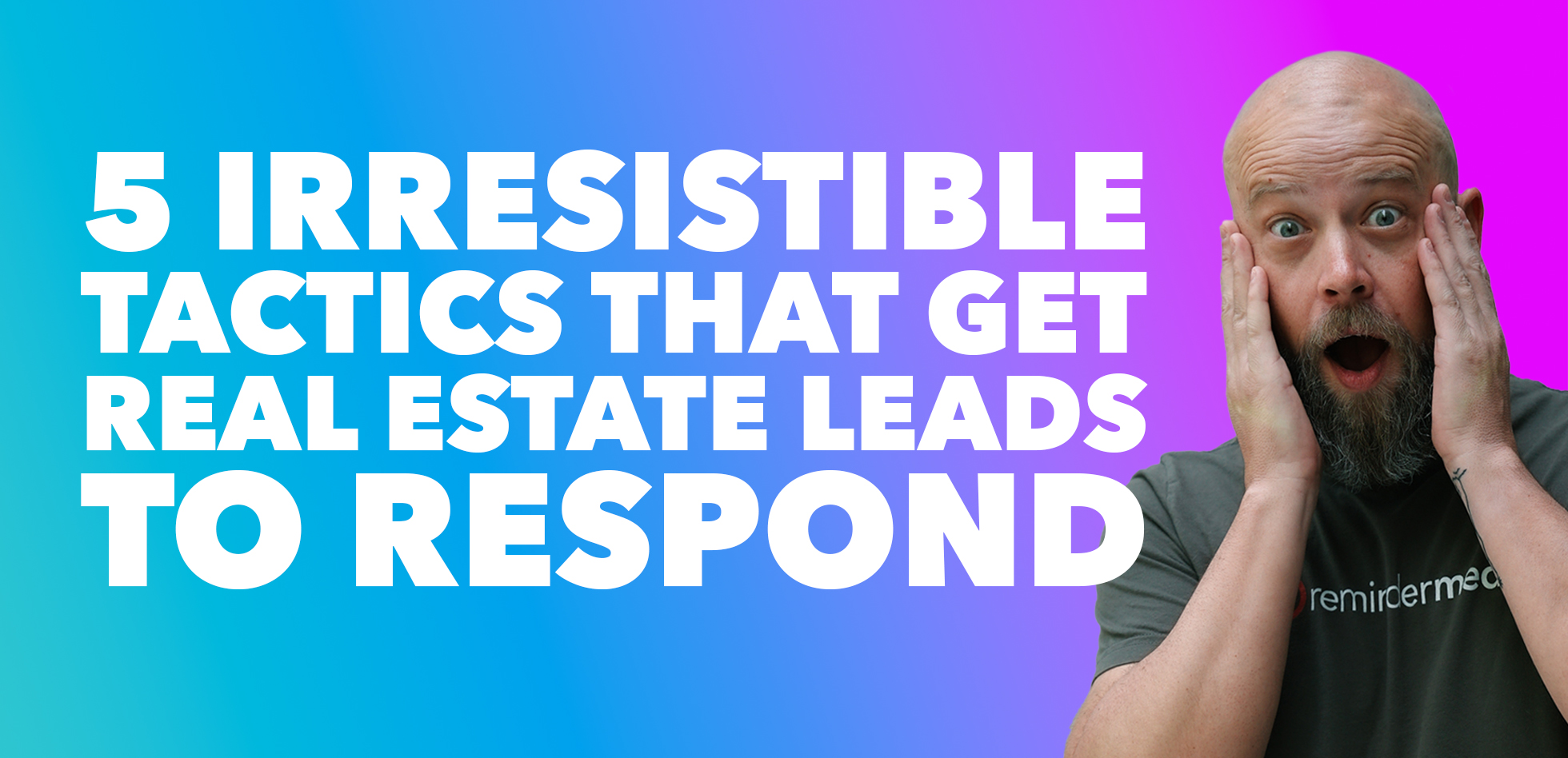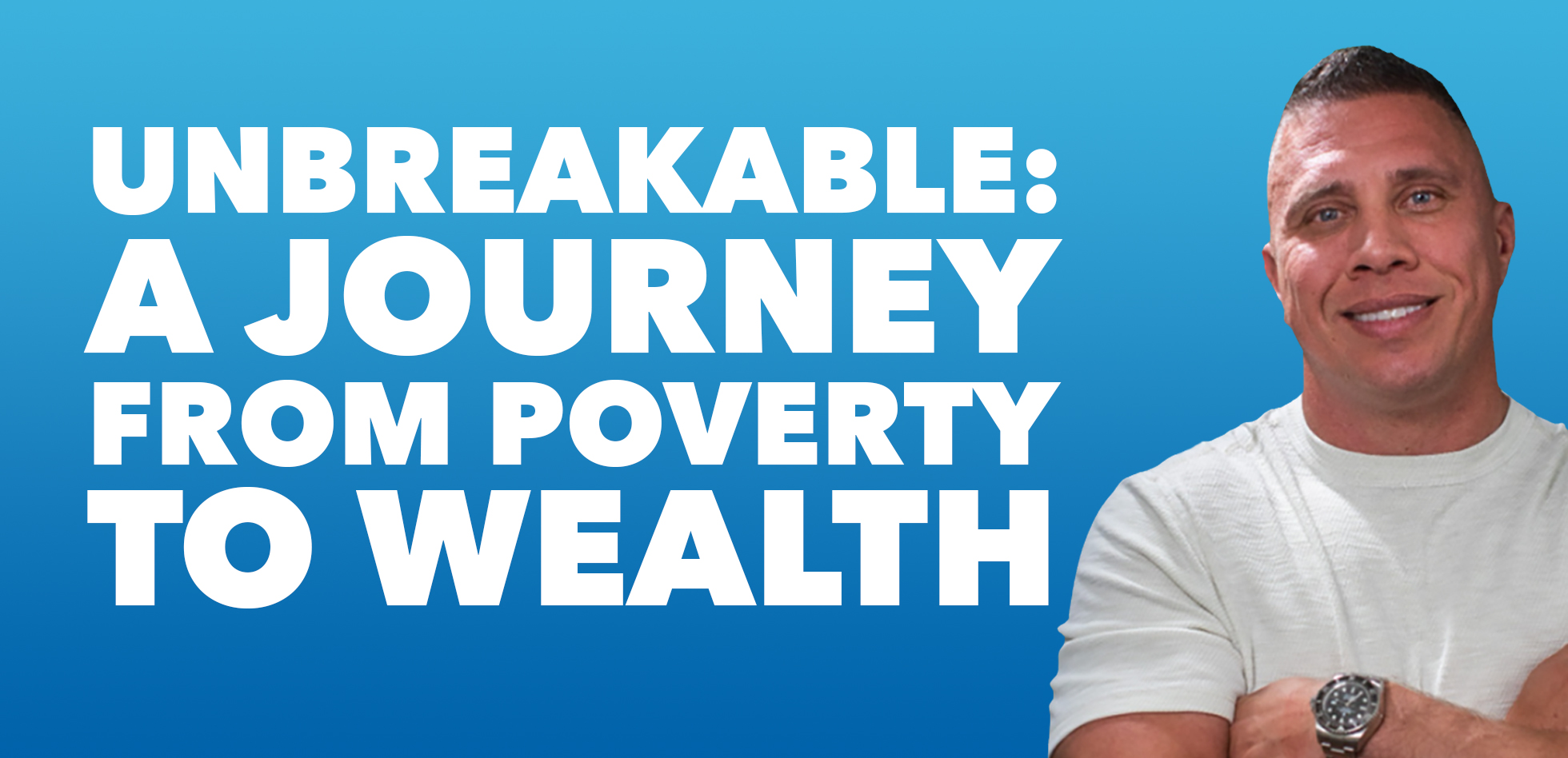How to Start a Blog
It’s easy to understand why some people think it’s a complicated process. It’s not.
For the 200th episode of Stay Paid, Luke and Josh answered fans’ questions about the podcast, their differing opinions, what they most liked about hosting a show, and more.
One fan expressed some trepidation, but he wanted to know how to start a blog. It’s a great question because many people think starting a blog is a complicated task (it’s not). What can be complicated is building a website where your blog will live.
But guess what—you don’t need a website to post content.
What is a blog?
Technically speaking, a blog is something that requires a website. A true blog is either a website or a page on a website that is regularly updated with fresh content and usually run by one person or a small group of people.
But having a blog is not the same thing as posting content and sharing your words with the world.
To post content, all you need is a place on the internet that allows you to share your ideas. In other words, all you need to start a blog is a page on a social media platform—your Facebook page, Instagram page, and LinkedIn page can all be used for your “blog.”
Now, doesn’t that feel better?
Tips for writing a blog
For the rest of this article and the sake of simplicity, “blogging” and “blog” will be used to represent the act of writing content and the place where you will post it, regardless of whether that place is a website.
Post regularly and frequently
There are at least three advantages to post with consistency.
- The more quality content you post, the more likely it is to be found and read. The reason to have a blog in the first place is to make your brand visible in the digital world. The more you post, the more exposure your brand will get.
- Regular exposure will build trust. The more often prospects see your brand, the more familiar you will become. The more familiar you are, the more trusting people will be of you and recognize you as an expert. And, as you know, prospects must trust you before they will decide to do business with you.
- You’ll develop a following. If your content is valuable, and you post it on a regular schedule, whether it’s once a day or once a week, the more likely you’ll be to attract and keep followers. Those followers will come to expect to see new content on a reliable schedule. If they don’t, they’ll stop following.
Write about what you know
Blogging is not something that requires a Ph.D. in archival research, so make it easy on yourself. Stick to what you know, and the writing will come much more easily and cause much less stress.
When writing a blog to promote your business, it makes sense to write about topics related to your industry. But be sure that what you write about is what your prospects want and need to know.
You may be fascinated by the requirements of house title verification or the legal intricacies of confirming the validity of a will, but your prospects likely aren’t. They just want to know how to solve whatever problem they may be facing. If you can provide them with that kind of valuable information, they’ll come back for more.
Be conversational
Just like you don’t need a Ph.D. in research, you also don’t need to be a literary scholar to start a blog.
Readers don’t expect blogs to be written in formal language. While they do expect them to be easy to follow and understand, they don’t mind (and prefer) that you write like you speak.
When writing in a conversational tone, you’ll want to use contractions. For example, it’s perfectly acceptable to write won’t instead of will not and can’t instead of cannot.
And while your high school English teacher may be flippin’ out, it’s also okay to begin sentences with conjunctions like but, and, for, and the others.
Shorter sentences and paragraphs are also a good idea.
Finally, use simple language. Avoid complicated and unnecessary words. You’re not looking to insult your audience. You’re looking to be quick, effective, and efficient.
As a guide, most newspapers are written at a 10th grade reading level. Romance novels hover around a 5th grade level (not that 5th graders should be reading romance novels.) If you shoot for an 8th grade level, you should be fine.
You can use your computer to check for spelling and grammar mistakes as well as readability scores:
PC users: Go to File > Options > Proofing > Click the functions you want performed.

Mac users: Go to Word > Preferences > Spelling & Grammar

You can also use tools like Grammarly and ProWritingAid to check your writing for mistakes and review its readability. Some of these tools offer a free version.
Start with How, What, or Why
You’ve got a subject related to your industry, but you have no idea what to write about. Don’t worry. At some point, every writer encounters writer’s block, and many have their own ways of dealing with it.
As a blogger, the quickest way out of writer’s block is to start writing a title or headline that begins with how, what, or why. If you keep your audience and what they want and need in mind, these three magical words will put you on the path toward blogging with the best.
But if you’re really stuck, you can find the inspiration for an article in the almost endless supply of headlines, headline templates, and email subject lines (which often work well as titles) online.
Just start
The best way to start posting content is to just start. Don’t worry about making it perfect (nothing ever is). Stick to what you know, consider your audience, make it understandable, and you’ll be fine. Remember that content over style is what matters.
Key Points
- You differentiate yourself best when you are authentic and remain true to who you are.
- The best way to get immediate leads is to go where people are actively looking to buy or sell a home: FSBOs, expired listings, and open houses.
- Providing value to your prospects is critical, but don’t forget that the goal is to win clients.
Action Item
Keep going! Things may get tough, but pain is temporary—quitting lasts forever.
Connect | Resources
- Free Predictive Index Assessment: remindermedia.com/staypaidPI
- Episode 196: The 3 Facebook Ads Every Business Should be Running
- Webinar: The 3 Facebook Ads Every Agent Needs (includes step-by-step instructions for setting up Facebook ads)
- Episode 91: Start Your Own Podcast Today: A Step-by-Step Guide



















 Soundcloud
Soundcloud iHeart Radio
iHeart Radio Spotify
Spotify Spotify
Spotify


